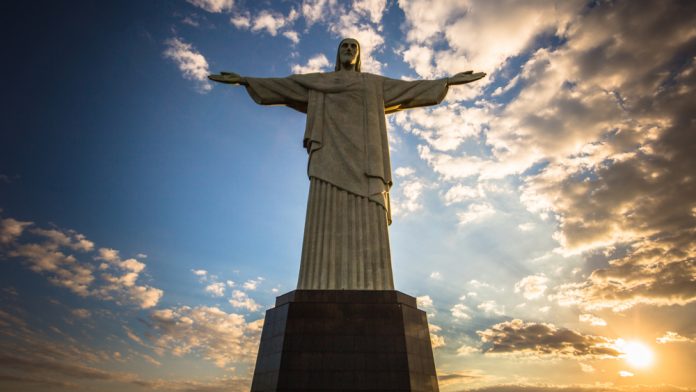Brazil is set to implement a federal framework for gambling as the Chamber of Deputies approved regulations.
Taking the Bill 442/91 to a vote with 246 votes in favour, 202 against, and two abstentions, the new framework is expected to compete with the biggest global markets.
Arthur Lira, President of the Chamber, stated moments before the vote that the legalisation was a “controversial issue” that still needed to be addressed. The deputies in favour of the regulation made it clear that gambling in Brazil already exists, and that this project only establishes the necessary provisions so that the State benefits and puts player protection measures in place.
“The goal is to prevent and protect the players,” said Felipe Carreras, the deputy who drafted the bill. “The regulation will allow the state to collect more taxes through the exploitation of games and betting, and will ensure greater resources for the implementation and development of social public policies of the states and municipalities, reinforcing our fiscal federalism.”
To facilitate the path to approval, Carreras accepted the creation of a regulatory entity that will answer to the Ministry of Economy and that will be in charge of authorising and licensing gambling activities.
The regulation is set to create a management software entitled “Audit and Control System”, that the MoE will be able to use to monitor bets and prize payments. The software must incorporate a cashless system to avoid the use of coins and bills in gaming machines and tables.
Moreover, players must provide proof of identification through a Brazilian national document, whilst foreigners will need a passport.
According to the modifications, casino licenses will be granted through a process in which the largest investments will have priority. The same economic group will be prohibited from obtaining more than one licence per federal entity and more than five licences in the country.
However, there is set to be a limit of one licence per state with up to 15 million inhabitants, two licences for states with 15 to 25 million and three licences for those with more than 25 million, although Pará and Amazonas will have other exceptions.
Income tax will be imposed on player prizes set at a rate of 20 per cent of net winnings. The charge will be held by the “operating entity” and will be exempted on prizes/winnings that do not achieve a net profit of $2,000.
Carreras believes that the legalisation could bring in $3.9bn in annual taxes, generating over 200,000 jobs across Brazil.
There will be a ‘Gaming Inspection Rate‘ (Tafija) of $120k per licensed domain each quarter for casinos, while online gambling operators will be subject to a $60k tax and bingo and jogo do bicho (instant games) to a $4000 tax.
The text of the bill also states that of the resources obtained, 16 per cent will go to the state participation fund, 16 per cent to the municipal participation fund, 12 per cent to the Brazilian tourism institute and 10 per cent to sports programmes.
Moreover, six per cent will be allocated to public safety, five per cent for actions to prevent natural disasters, five per cent to rebuild areas affected by natural disasters, and four per cent for each of public health, programmes related to gambling, national ‘fund for children’, finance programmes to defend animals and the student financing fund.











